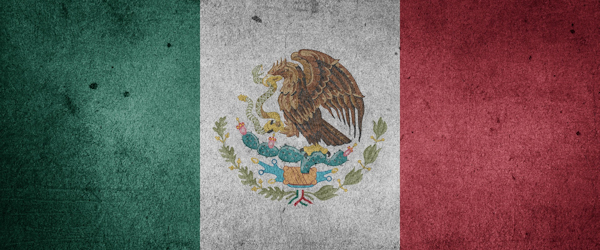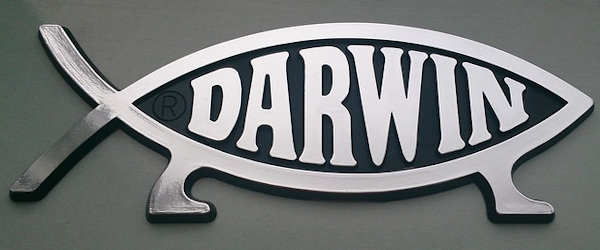 ¿Qué pasaría en México si en las próximas elecciones habría 0% de abstencionismo, y además se incorporaría el voto blanco como opción electoral?
¿Qué pasaría en México si en las próximas elecciones habría 0% de abstencionismo, y además se incorporaría el voto blanco como opción electoral?
Pero no me refiero al voto blanco como voto nulo, sino como un voto válido que cuente, y que, de lograr mayoría porcentual, tuviera un verdadero peso de rechazo directo al gobierno y a los actores políticos con la finalidad de sacarlos a todos de una buena vez.
Ante los recientes y devastadores sismos en México, me vino a la mente esta idea que cubre como premisa José Saramago en su novela “Ensayo sobre la Lucidez.” Y es que cuando la ficción nos presenta escenarios distópicos que no se ven tan distantes de la realidad, no hay que descartar posibilidades.
Cuando la mejor manera de ayudar es no estorbar, la nada resulta ser el mejor reemplazo al actual carrusel de políticos nauseabundos, obsesionados por el poder y entregados a la corrupción.
Los recientes terremotos en el país han sido la prueba de fuego que han puesto al descubierto la falsa retórica de muchos políticos que, más que estar comprometidos con el pueblo, se encuentran desaparecidos, inútiles, sin saber cómo actuar ni qué decir, y preocupados más por sus apariencias y continuidad en el viciado sistema que les permite servirse de él.
Por otro lado, el mismo evento nos permitió a los mexicanos darnos cuenta de que en los momentos más adversos, no necesitamos a ninguna figura política líder para salir adelante unidos si lo creemos y lo queremos.
La ciudadanía respondió inmediatamente para tomar la iniciativa de ayudar con labores de rescate, de proveer a los más necesitados, de ofrecer su casa. Ojalá que esta actitud tan generosa y humanitaria siga contagiando a más mexicanos y no se apague. Su notoriedad incluso fue reconocida internacionalmente.
Como también reconocida internacionalmente fue la vergüenza de los representantes de los principales partidos políticos haciéndose bolas ante la encrucijada de donar el dinero destinado a sus campañas electorales para beneficio de los damnificados. No se dan cuenta que el pueblo no les está preguntando su opinión, se les está exigiendo que renuncien a esos obscenos gastos de campaña (aunque sea un porcentaje) para beneficio de la gente.
Una democracia real debe tener la opción no solo de elegir candidatos, sino también de rechazarlos. A todos. No estaría nada mal que en México se empezara a contemplar el voto blanco.
Quizás entonces estalle finalmente la burbuja que tiene a muchos políticos viviendo en un mundo totalmente incompatible a la realidad mexicana.
 Why is overpopulation the biggest threat humanity faces today?
Why is overpopulation the biggest threat humanity faces today? If you were to ask hardcore atheists like Christopher Hitchens or Richard Dawkins if they think there could be anything useful in religions, you would most likely get a firm “no” for an answer.
If you were to ask hardcore atheists like Christopher Hitchens or Richard Dawkins if they think there could be anything useful in religions, you would most likely get a firm “no” for an answer. Ernest Hemingway’s epic story of Santiago, an experienced old fisherman determined to change his luck by sailing into the deep sea with the goal of making the biggest catch of his life, is one that shares with us so many enriching lessons on life, but also on leadership.
Ernest Hemingway’s epic story of Santiago, an experienced old fisherman determined to change his luck by sailing into the deep sea with the goal of making the biggest catch of his life, is one that shares with us so many enriching lessons on life, but also on leadership. I don’t know if it’s originally a millennial term, but for the last few years I hear more and more the term “haters” being used in professional settings, especially with entrepreneurs.
I don’t know if it’s originally a millennial term, but for the last few years I hear more and more the term “haters” being used in professional settings, especially with entrepreneurs.